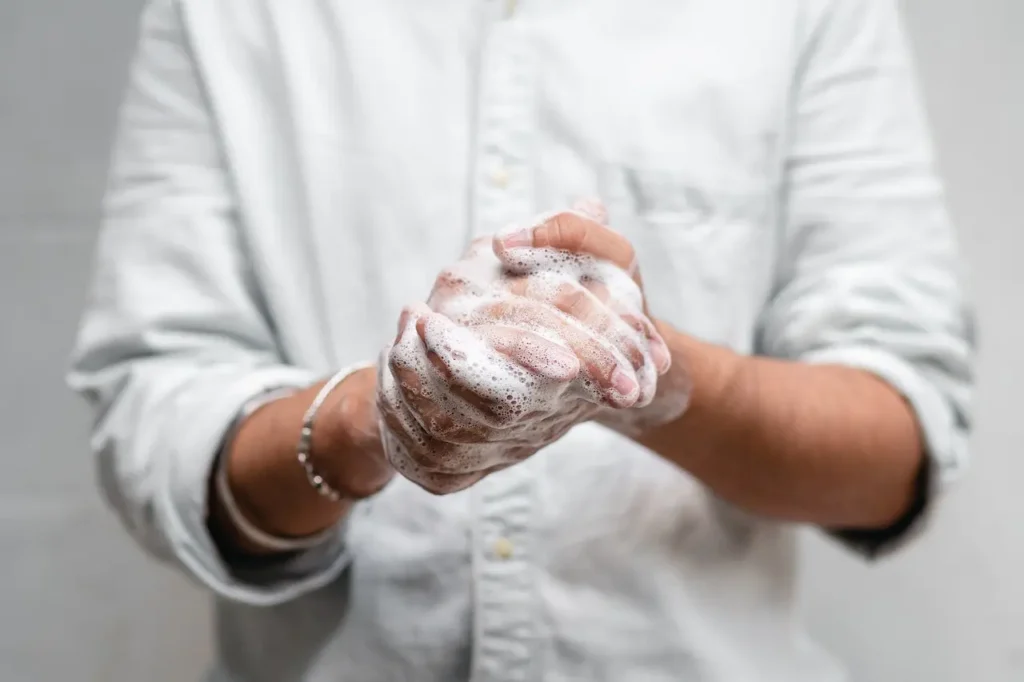Digital Detox for Healthcare Workers: Managing Screen Time and Tech Burnout

Last Updated On: February 10, 2026
Learning the importance of clean hands or hand hygiene helps to prevent the spreading of germs and diseases. However, if we ignore hand hygiene, our hands become the home of multiple infections, bacteria, and viruses. It becomes the primary cause of falling sick unnecessarily, especially when the weather changes.
The best solution is to follow a strict hand hygiene routine and learn first aid for seasonal flu and viral situations. At least, when you are aware that you or someone else around you is infected, you can treat them on time. So, becoming first aid certified by a nationally accepted course provider, like the American CPR Care Association, helps us prioritize good health and prepare us for the worst-case scenarios.
Hand hygiene is extremely important because our hands come into contact with many germs and bacteria throughout the day. These germs can make us sick if they get into our bodies.
Washing our hands with soap and water can help remove these germs and prevent the spread of diseases. It is important to wash our hands before and after eating, after blowing our nose or coughing, and after touching animals or other people.
Hand hygiene is especially important during illness outbreaks, like the COVID-19 pandemic or the seasonal flu. By washing our hands frequently and properly, we can help prevent the spread of these illnesses.
In addition to washing our hands, it is also important to avoid touching our face with our hands, as this can transfer germs from our hands into our bodies. Using hand sanitizer when we don’t have access to soap and water is also helpful in killing germs on our hands.
Remember, hand hygiene is one of the simplest and most effective ways to prevent diseases or germs from spreading. By washing our hands regularly and properly, we also help keep ourselves and those around us healthy and away from bacterial attacks.
By following these simple steps released by centers for disease control, you can promote the importance of hand hygiene and keep everyone around you safe.
There are many circumstances in which hand hygiene is important to reduce the spread of infection. Here are ten examples:
Become a certified first-aider and help people recover from the side effect of not taking care of their hand hygiene on time. This is even more critical when there is an outburst of viral and seasonal infections like COVID-19. At least, with a nationally recognized first aid course from American CPR Care Association, you can protect yourself and save lives of people by following a strict hand hygiene routine and keeping the germs from spreading further.